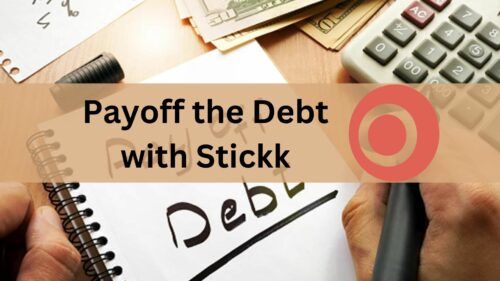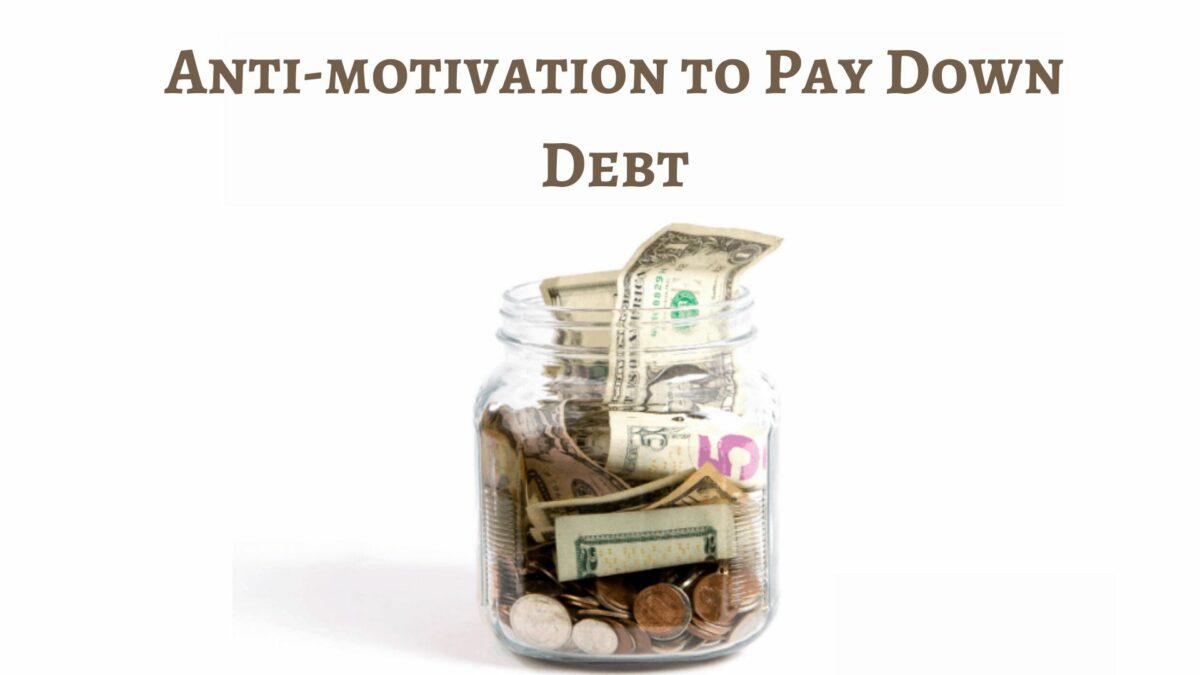“People often say that motivation doesn’t last. Well, neither does bathing – that’s why we recommend it daily.”
– Zig Ziglar
A common theme of thriller movies where the good guy is trying to get someone to do something distasteful is the use of the envelope. It’s the one that’s locked in the safety deposit box and holds all sorts of pictures of the other person in compromising positions which will be mailed to the editor of The Daily Planet if the good guy is killed. The thought of dirty laundry being aired in public is usually enough to coerce the other character into doing what the good guy wants him to do.
It’s anti-motivation. Instead of the carrot, it’s the stick.
Many times, we try to motivate ourselves by using rewards as incentives for us to achieve our goals. Stick to the diet for a month and lose ten pounds, and we reward ourselves with pizza or ice cream. Run a sub-seven minute mile, and we get new shoes. Clean the house and we get to watch TV.
Sometimes, though, Monkey Brain simply doesn’t respond to rewards. He wants rewards without having to do the work of getting a reward.
Just like the threat of a spanking or grounding works in getting a child to behave the way that you want her to behave, you can use punishment to get Monkey Brain to toe the line.
We’ve previously seen that Monkey Brain is quite aware of pain, and it doesn’t have to be physical pain for his pain centers to fire up, as when we pay in cash, the anterior cingulate cortex responds with mild pain, just as if you were poking your finger with a needle.
A study from a team of researchers at Nihon University in Japan showed that the anterior cingulate cortex will activate in the face of pain (literally, in this case) and reacts similarly to pain avoidance, e.g., the ending of the pain, as it does to getting a reward.
For example, I hate needles. When I have to get blood taken, I have to look away and think about something else to distract myself from the needle. After the phlebotomist is done, I’m awash with a sense of relief, almost as if I’d received some sort of reward. I feel much better because of my perspective; I have the absence of pain, which makes me feel better.
We can use this pain/no-pain scenario to convince Monkey Brain that he wants to pay off debt.
How to Use Anti-Motivation to Beat Monkey Brain With a Stickk

In order to engage the anterior cingulate cortex to help you achieve a goal, you have to present yourself with pain and a way to avoid the pain.
A simple way would be to engage a big, burly guy named Vinny to beat the snot out of you if you didn’t pay off your debt; however, Vinny might decide that beating the snot out of you was fun regardless of whether or not you paid off your debt, and the ensuing hospital bill would probably put you right back in the same financial position you previously were in.
A less physically painful way to encourage you to meet your goals is through the use of a website called stickK. stickK is brilliant in its simplicity. The idea is that you set a goal on stickK.
You then declare a charity that represents something you hate, such as the Seal Clubbing Society of Walla Walla. Actually, the options are fairly limited. Since my wife is an ardent Arsenal supporter, I’d choose the Fans of Chelsea as an anti-charity.
Currently, the anti-charities are pretty limited.
You can also choose an enemy to send money to by providing an e-mail address. How you get the e-mail address of your enemy is another topic altogether.
“Hey, Vinny! What’s your e-mail addy?”
Once you’ve selected where the money goes, you provide credit card information to be billed in the event that you self-report failure, your referee reports failure, or you don’t report in by a specified time. You then select a referee who should be unbiased and can report truthfully on whether or not you’re meeting your goals. Once you’ve selected a referee, you can let supporters know of your ambitions and the consequences of your failure to create even more peer pressure. They can cheer you on, or, alternatively, they can jeer you (“You really are a Chelsea fan in disguise, aren’t you?”) when you don’t succeed. Misery loves company, right?
If you don’t want to use stickK or don’t think that their anti-charities are hideous enough, then you can always roll your own version. It’s easy.
- Choose your goal. In this case, we’re talking about paying off debt.
- Set a time limit and an amount. Tomorrow never comes, so you have to set an amount that you’re both willing and able to pay down. No point in dooming yourself to failure. However, it can’t be easy, either. Hopefully your referee would call you out on meeting a simple goal.
- Choose a referee. This person should be a straight shooter and won’t let you slide or make excuses for not meeting your goals. We’re talking about results, not intention. “I tried” isn’t good enough and it’s not going to magically make cat food taste better if you don’t get your debt paid off.
- Find out the donation information for the charity you hate. This includes specific steps on how to mail a donation to that charity.
- Set aside a painful amount of money into a side account. I recommend between 5-10% of whatever your target goal is. If you’re paying off $5,000 in credit card debt, then this amount should be between $250 and $500. The idea is to make it enough so that you truly care if you lose that money to an organization that you hate. Of course, if you have to take out a cash advance to get to that much money, then don’t – lower your amount.
- Write a check from that side account, put it in a stamped envelope addressed to said charity, and give the envelope to the referee. No honor system here. Monkey Brain doesn’t have an honor system, so you’re going to remove the opportunity to give yourself a mulligan by giving the referee the check with specific instructions to mail it on a specified date if you haven’t demonstrated that you met your goal by that date.
- Start nailing that goal. Now the clock is running, and there’s a potential check going to [INSERT YOUR HATED CHARITY HERE] if you fail.
The power of this process is that the anterior cingulate cortex will be going full blare in Monkey Brain’s ear telling him about the pending wave of pain which will hit if the check actually gets sent out. Monkey Brain would rather avoid pain than have pleasure, so the dangling threat of pain will be enough to curb his appetite for bananas for a while.
It’s radical. It’s painful. But it works. It’s a great way to blackmail Monkey Brain into doing what you want him to do. Speak softly and beat Monkey Brain with a big stick.
Have you ever used anti-motivation to help you reach a goal? Tell us your story in the comments below!
Author Profile
- John Davis is a nationally recognized expert on credit reporting, credit scoring, and identity theft. He has written four books about his expertise in the field and has been featured extensively in numerous media outlets such as The Wall Street Journal, The Washington Post, CNN, CBS News, CNBC, Fox Business, and many more. With over 20 years of experience helping consumers understand their credit and identity protection rights, John is passionate about empowering people to take control of their finances. He works with financial institutions to develop consumer-friendly policies that promote financial literacy and responsible borrowing habits.
Latest entries
 Low Income GrantsSeptember 25, 2023How to Get a Free Government Phone: A Step-by-Step Guide
Low Income GrantsSeptember 25, 2023How to Get a Free Government Phone: A Step-by-Step Guide Low Income GrantsSeptember 25, 2023Dental Charities That Help With Dental Costs
Low Income GrantsSeptember 25, 2023Dental Charities That Help With Dental Costs Low Income GrantsSeptember 25, 2023Low-Cost Hearing Aids for Seniors: A Comprehensive Guide
Low Income GrantsSeptember 25, 2023Low-Cost Hearing Aids for Seniors: A Comprehensive Guide Low Income GrantsSeptember 25, 2023Second Chance Apartments that Accept Evictions: A Comprehensive Guide
Low Income GrantsSeptember 25, 2023Second Chance Apartments that Accept Evictions: A Comprehensive Guide

